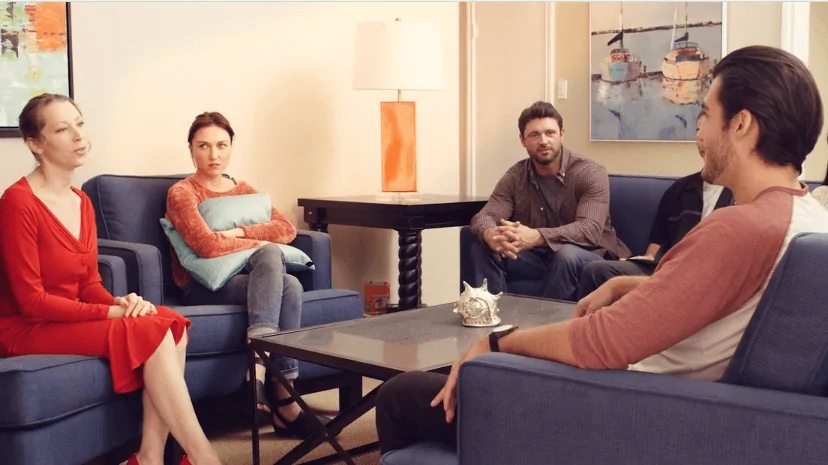24/7 Helpline:
(866) 899-221924/7 Helpline:
(866) 899-2219
Other Insurance Options

Amerigroup

Horizon Healthcare Service

Lucent

Multiplan

MHNNet Behavioral Health

Meritain

Medical Mutual of Ohio

Optima

EmblemHealth

Access to Recovery (ATR) Voucher

BlueCross

Sutter

Health Partners

Premera

Evernorth

United Health Care

Group Health Incorporated

Magellan

Choice Care Network

BlueShield











